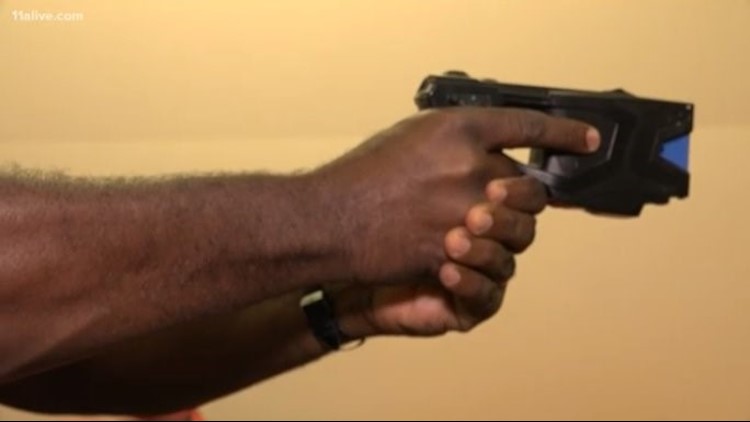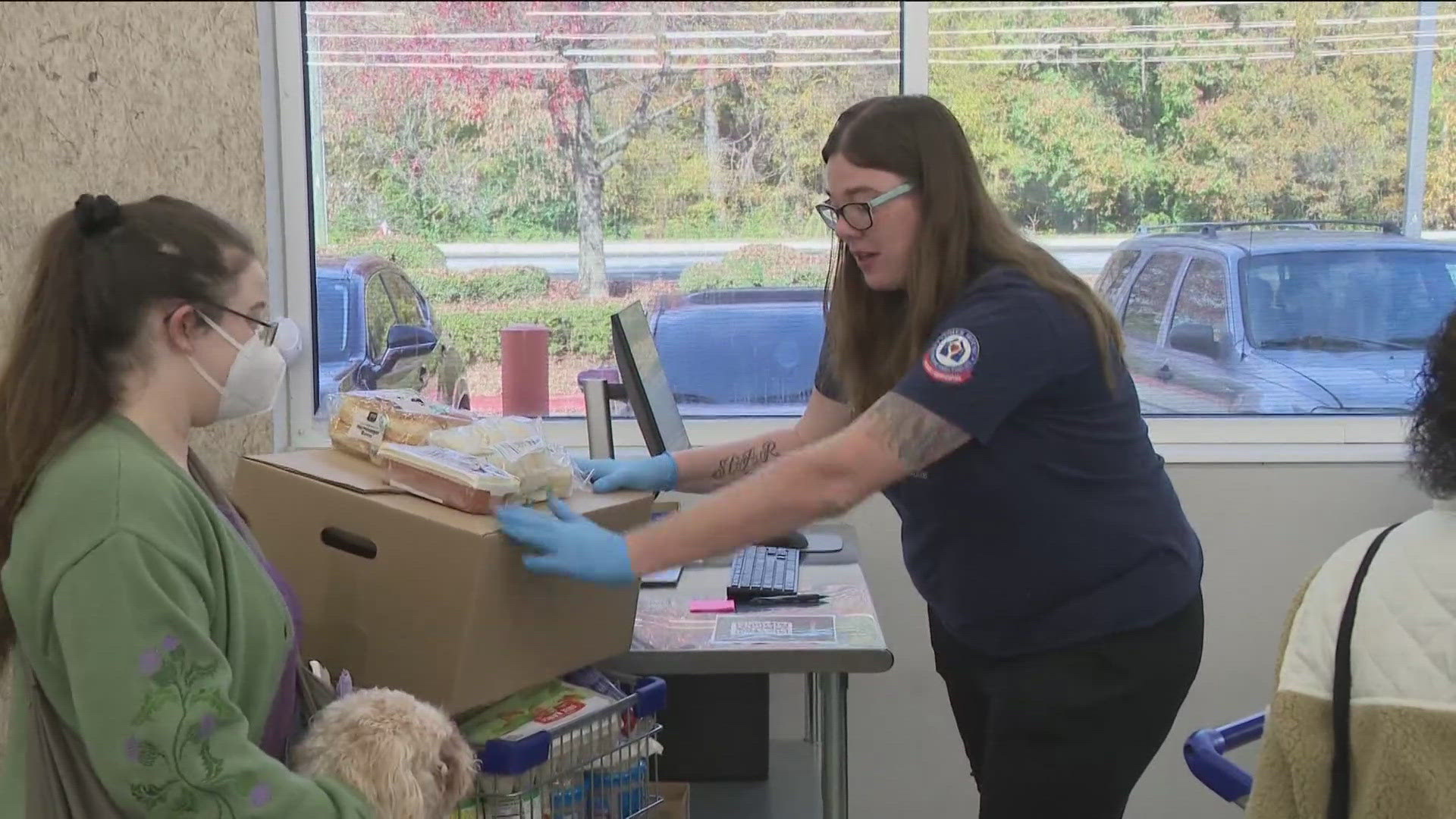ATLANTA -- After an inmate who was pepper-sprayed and tased died in the Fulton County jail, 11Alive is taking closer look at the jail's policies.
Authorities arrested 32-year-old Antonio May on Sept. 11 for a trespassing violation. Hours later he was dead. His family is demanding answers about what happened.
Inside the jail, detention officers are tasked with keeping the peace and order. Tasers are a part of the arsenal to help them do it.
Lt. Kenya Stokes has trained about 4,000 officers over 19 years on how and when to use tasers on inmates.
"I wouldn't say it's a last resort but it's not the first option," Lt. Stokes said.
Officers sometimes only have a split second to react to situations.
"You would ask, order, and advise." Stokes said. "You ask the inmate to comply. You advise them to comply and you order them to comply and if that didn't happen then you can go with one of the other options."
A taser delivers 50,000 volts of electricity over five seconds into it's target by either firing two small darts or making direct contact to the skin.
"It feels like you're getting shocked and all your muscles lock up, and as soon as that five second cycle is over you usually go limp,"
When he says that, he speaks from experience. Every officer armed with a taser has to be tased in their training.
The state of Georgia is one of 27 states in the country that allow detention officers to use tasers.
Sometimes, the the effects are fatal. A Reuters report found that 104 people died from tasers behind bars between 2000 and 2010.
In May's case, authorities initially said he fought with staff and refused direct orders. An official account relayed to 11Alive News on Sept. 12 indicated that May was tased and pepper sprayed during this particular confrontation and died after he was "decontaminated."
A report from the Fulton County Medical Examiner's Office provided to 11Alive News by May's family attorney, Michael Harper, said May was seen inside a holding cell by a deputy, naked and pleasuring himself. That report said six deputies "assembled" before May and ordered him to place his hands behind his back, which he reportedly refused to do.
"When we have an incident we call it a 'code blue situation,' therefore medical team can respond and our personnel will start the initial care of the patient until they arrive on scene," he said.
All officers are trained with CPR to assist in medical emergencies precautions are taken for certain inmates, but there is no limit to how much a person can be tased.
"We're to be mindful of pregnant females, emotionally disturbed individuals and even people under the influence, but just because she's pregnant does not mean she will not get tased," Stokes said.




